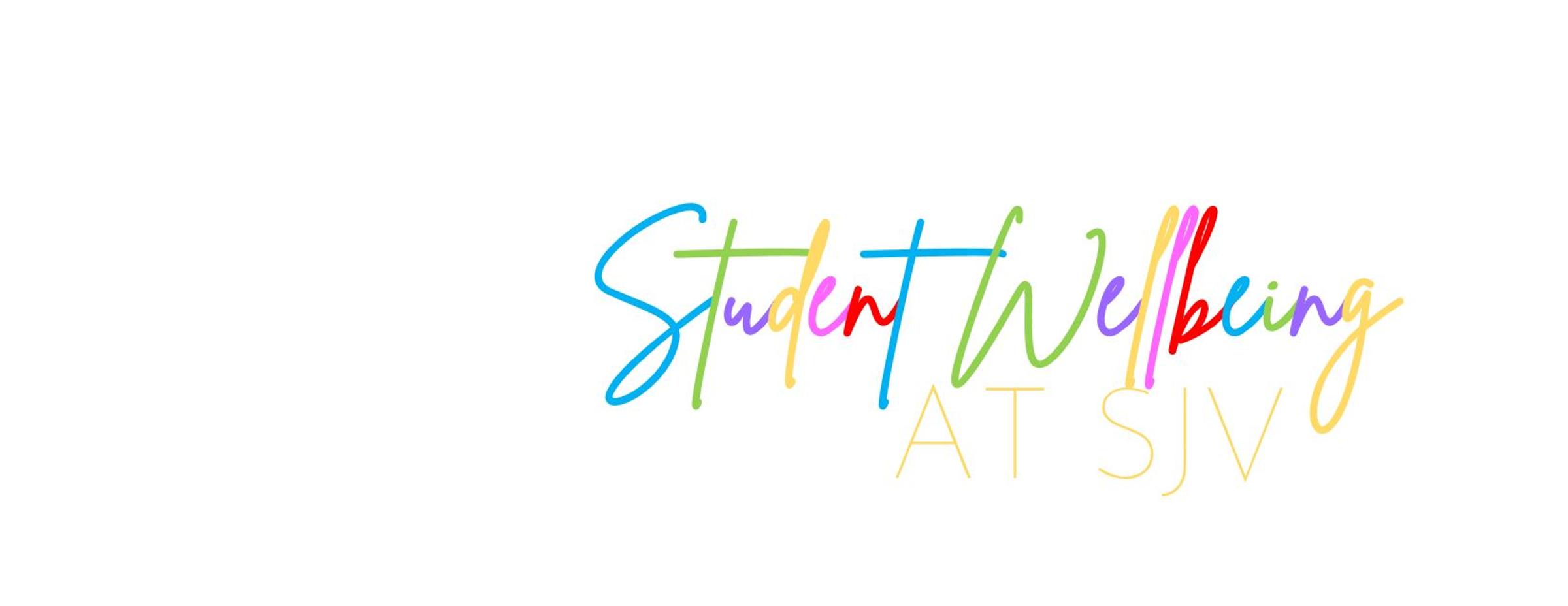Student Wellbeing

Mindfulness involves training our attention and attitude
Being mindful is paying attention to the present moment with openness and curiosity. It’s a state that encourages us to slow down, focus on the moment, accept things as they are and act with intention. When we do this, we may find we are able to think more about the here and now. Mindfulness may evoke strong feelings for some people. It’s important to be gentle with yourself about whether mindfulness works for you.
What does it mean to be ‘unmindful’?
To better understand what it means to be mindful, it helps to know what ‘unmindful’ means. When we’re inattentive, distracted and disengaged from the present moment, the mind unconsciously slips into what’s called ‘default mode’ – we’re physically doing one thing, but the mind is somewhere else. For example, someone might be speaking to us, but we’re not listening. We might be reading a book but not taking in the words on the page. A lot of default mode mental activity involves worrying about the past and future. This is one of the main reasons there’s so much default mode mental activity in states like anxiety and depression.
Mindfulness may have a range of benefits for you
Mindfulness research has demonstrated that regular practice may support your mental health and wellbeing. You may find it helps you feel calmer. It may bring clarity and enhance your creativity and awareness.
Other potential benefits include:
- reduced rumination (continuously thinking about upsetting situations and things)
- reduced stress, including occupational stress, anxiety and depression
- improved focus and working memory (being able to recall and use relevant information)
- improved health through better immune function (resistance to disease) and slower ageing
- increased self-awareness, social awareness, self-confidence and resilience to cope with pain and life challenges
- greater emotional intelligence, compassion (for yourself and others) and prosocial behaviours
- better and more flexible problem-solving abilities
- stimulating new connections and cell growth in the brain.
(From BeYou: https://beyou.edu.au/fact-sheets/wellbeing/mindfulness)
Regards
Jenny Willmott
jwillmott@sjvmulgrave.catholic.edu.au
Deputy Principal/ Student Wellbeing Leader

